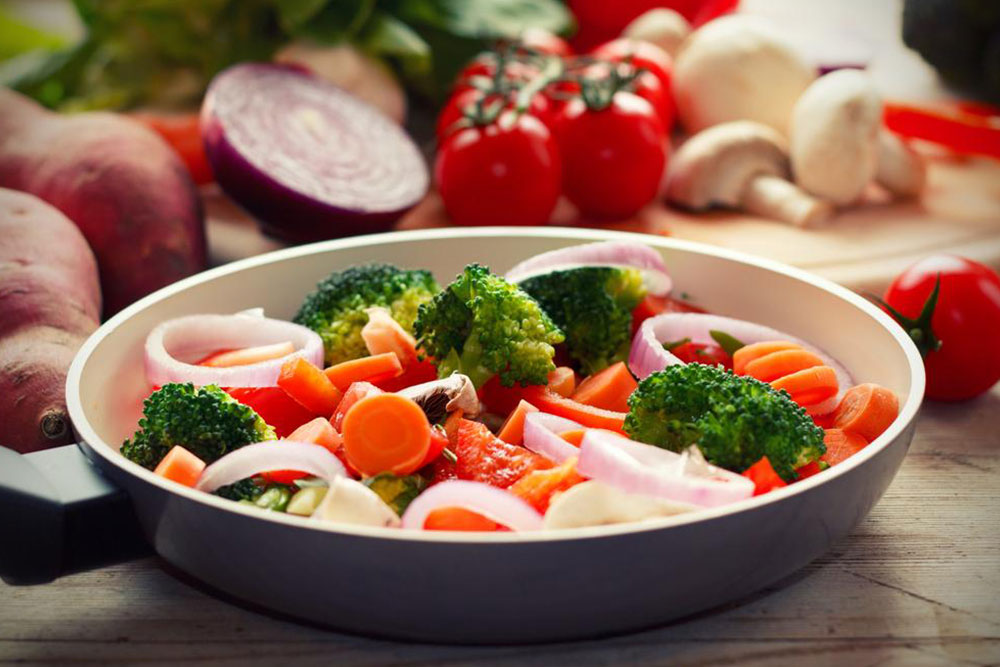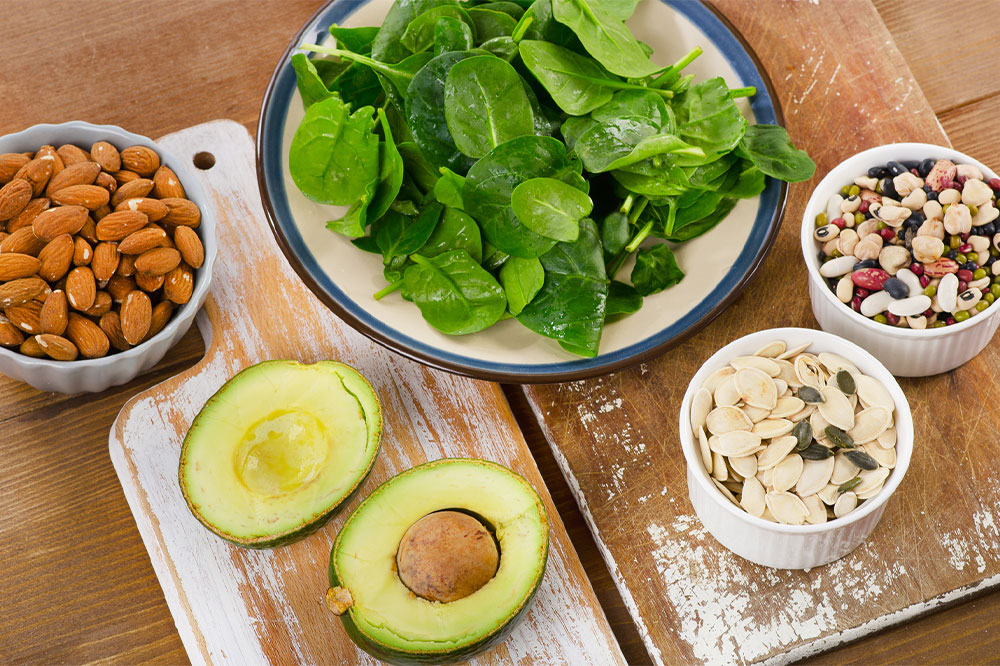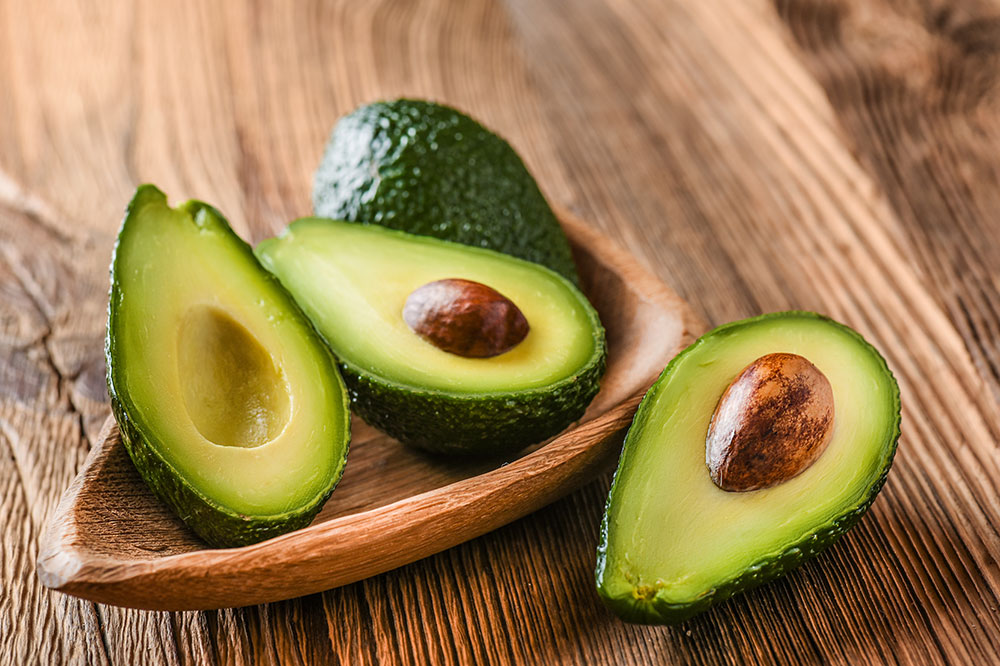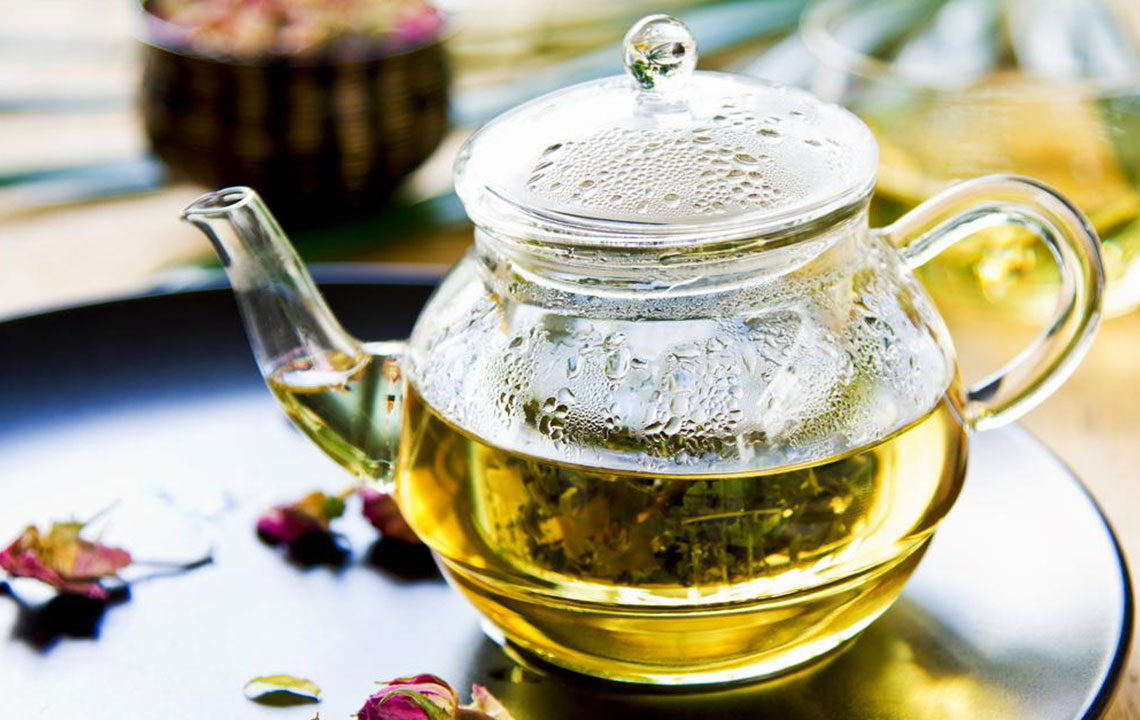Effective Natural Strategies: Top 6 Foods to Prevent and Relieve Migraines
Discover how incorporating specific foods like bananas, watermelon, nuts, peppermint, and dark chocolate into your diet can help prevent and alleviate migraines naturally. This comprehensive guide offers practical tips for managing migraines through nutrition, hydration, and natural remedies, providing valuable insights for those seeking effective and side-effect-free relief from frequent headaches.
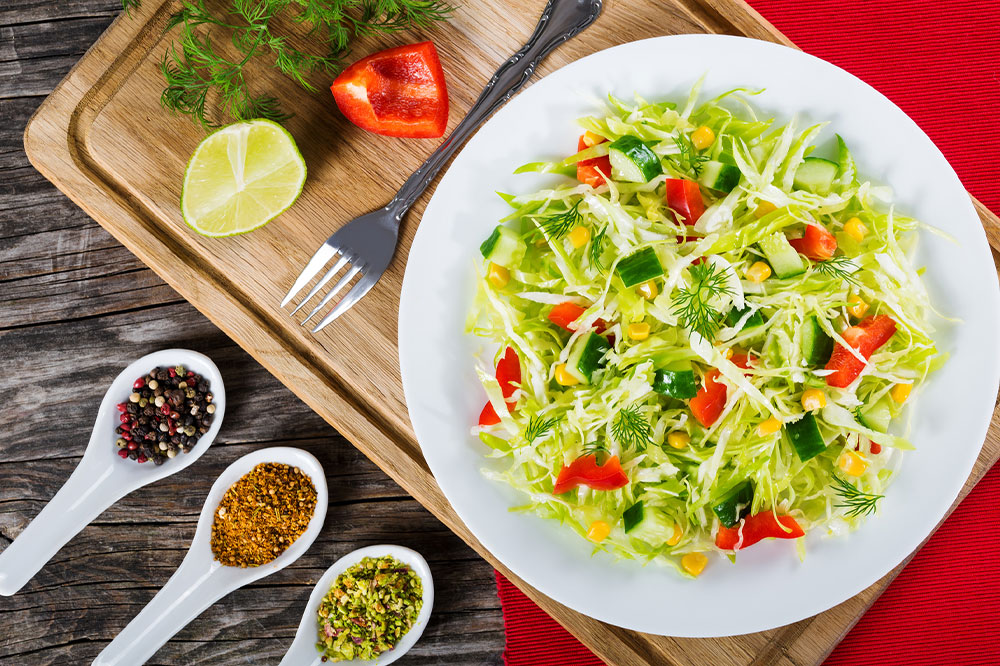
Effective Natural Strategies: Top 6 Foods to Prevent and Relieve Migraines
Migraines are intense, often debilitating headaches that tend to recur, affecting millions worldwide. These pain episodes can be triggered by a variety of environmental, physiological, and emotional factors, making them a complex health issue to manage. Globally, nearly a billion individuals suffer from migraines, and in many local communities, the impact is profound, affecting individuals’ quality of life, productivity, and mental well-being. While medications are commonly prescribed to treat and reduce migraines, they are not always the ideal solution for everyone due to potential side effects or contraindications. As a result, many healthcare professionals and migraine sufferers are increasingly turning to dietary interventions and natural remedies to manage symptoms effectively. Incorporating certain foods into your diet may help in minimizing the frequency, severity, and duration of migraine episodes. Here, we explore six powerful foods that could be instrumental in migraine prevention and relief, offering a natural complement to traditional treatments.
Caffeine: The Double-Edged Sword
Caffeine is a well-known stimulant that can both trigger and relieve migraines, depending on individual sensitivity and consumption patterns. Consuming moderate amounts of caffeine—found in coffee, tea, and certain soft drinks—can sometimes provide immediate relief during a migraine attack, especially when combined with over-the-counter pain medications. Caffeine helps constrict blood vessels and boosts the effectiveness of analgesics, providing quick pain relief. However, excessive caffeine intake can lead to rebound headaches and worsen migraine frequency, so moderation is crucial. Health experts recommend paying attention to personal caffeine tolerance and consulting healthcare providers to determine safe levels of consumption.
Bananas: The Magnesium Powerhouse
Bananas are not only portable and delicious but also packed with magnesium—a mineral essential for proper nerve function and muscle relaxation. Low magnesium levels have been linked to increased migraine susceptibility. Consuming magnesium-rich foods such as bananas can help boost magnesium stores in the body, which may reduce the frequency and intensity of migraines. Additionally, bananas contain over 70% water content, aiding hydration—a crucial factor since dehydration is a common migraine trigger. Regularly including bananas in your diet can serve as a simple, tasty, and natural way to support migraine prevention efforts.
Watermelon: Hydration and Energy Replenishment
Dehydration is one of the most common and easily preventable migraine triggers. Watermelon, with its exceptionally high water content—over 90%—makes it an ideal hydrating food. Eating watermelon can aid in rehydrating the body, especially during hot weather or after physical activity, significantly reducing dehydration-related migraines. Besides hydration, watermelon supplies natural sugars that can restore energy levels during migraine episodes, helping you feel better faster. Its soothing, cooling effect makes it a perfect snack for migraine sufferers seeking natural relief through hydration and nourishment.
Seeds and Nuts: Magnesium-Rich Nutritious Snacks
Including magnesium-rich seeds and nuts in your diet can be highly beneficial for migraine sufferers. Flaxseeds, pumpkin seeds, chia seeds, walnuts, and cashews are excellent sources of magnesium, which plays a vital role in nerve transmission and muscle function. Sufficient magnesium levels help prevent the nerve excitability that often accompanies migraines, as well as muscle tension that can contribute to headache pain. Incorporating a handful of these snacks daily or adding them to salads and smoothies can be an effective natural strategy for migraine management. Their nutritional density also supports overall health and well-being.
Peppermint: Nature’s Soothing Remedy
Fresh peppermint oil or brewed peppermint tea has long been used as a natural remedy to soothe headaches. Peppermint contains menthol, which helps relax muscles and improve blood flow, reducing migraine pain and sinus pressure. Its cooling, aromatic properties can help clear congested sinuses and promote relaxation, especially during stress-induced or sinus-related migraines. Applying diluted peppermint oil topically to the temples or inhaling its scent can provide rapid relief from headache symptoms, making it a convenient and natural remedy to carry and use as needed.
Dark Chocolate: A Delicious Aid for Migraine Relief
Contrary to popular belief, consuming small amounts of dark chocolate may actually help mitigate some migraine symptoms for certain individuals. Dark chocolate contains a modest amount of caffeine and is rich in antioxidants, which can help reduce inflammation and oxidative stress associated with migraines. For those sensitive to caffeine withdrawal, a small piece of dark chocolate can serve as a gentle remedy, providing mild caffeine stimulation while delivering beneficial antioxidants. As with all dietary interventions, portion control is important, and it’s advisable to observe personal responses to this food for migraine management.
Important Consideration:
While these foods offer promising natural options for managing migraines, it’s essential to consult with healthcare professionals before making significant dietary changes, especially if you have underlying health conditions or are on medication. Tailoring your diet to your specific needs and triggers can maximize benefits and ensure safety.
Incorporating these six foods into your daily diet, alongside proper hydration, stress management, and regular sleep, can form part of a comprehensive migraine prevention strategy. Natural dietary approaches, combined with medical advice, can significantly improve quality of life for migraine sufferers seeking effective, side-effect-free relief.

